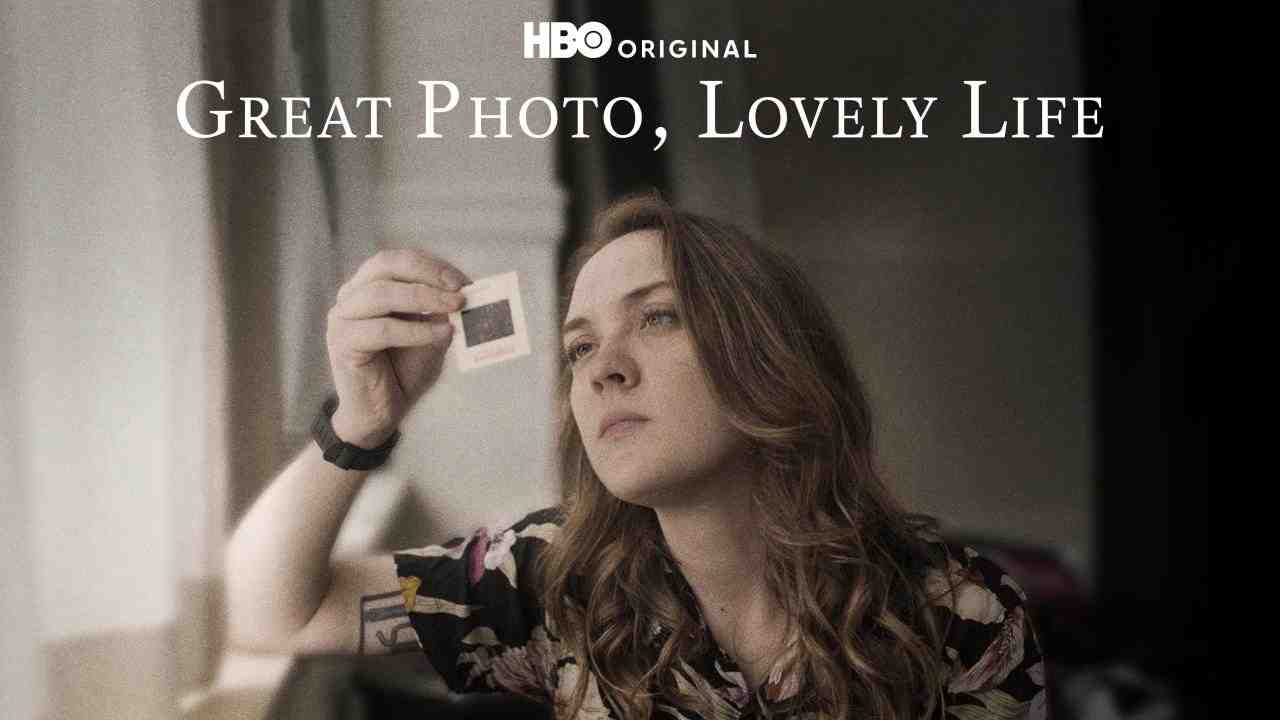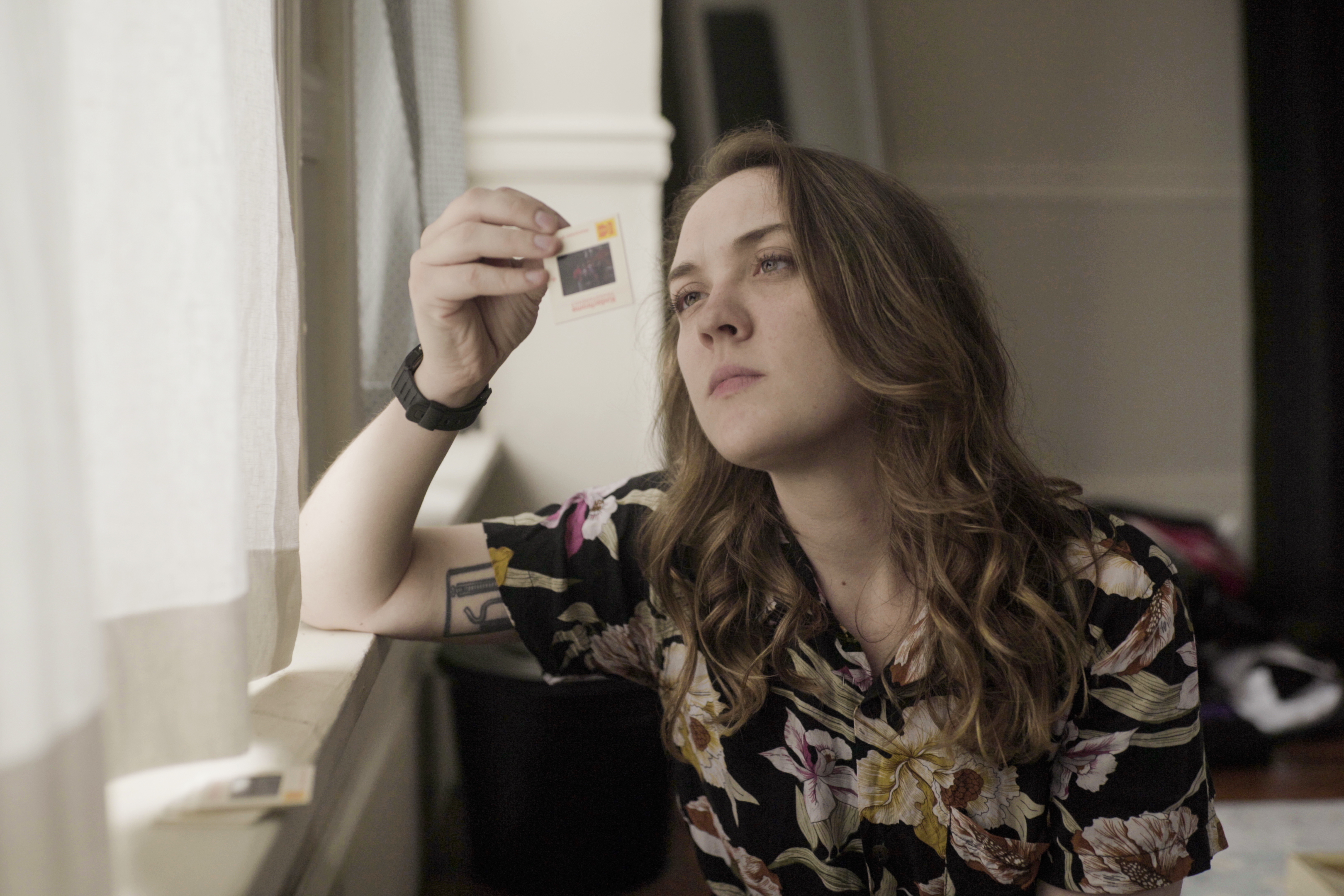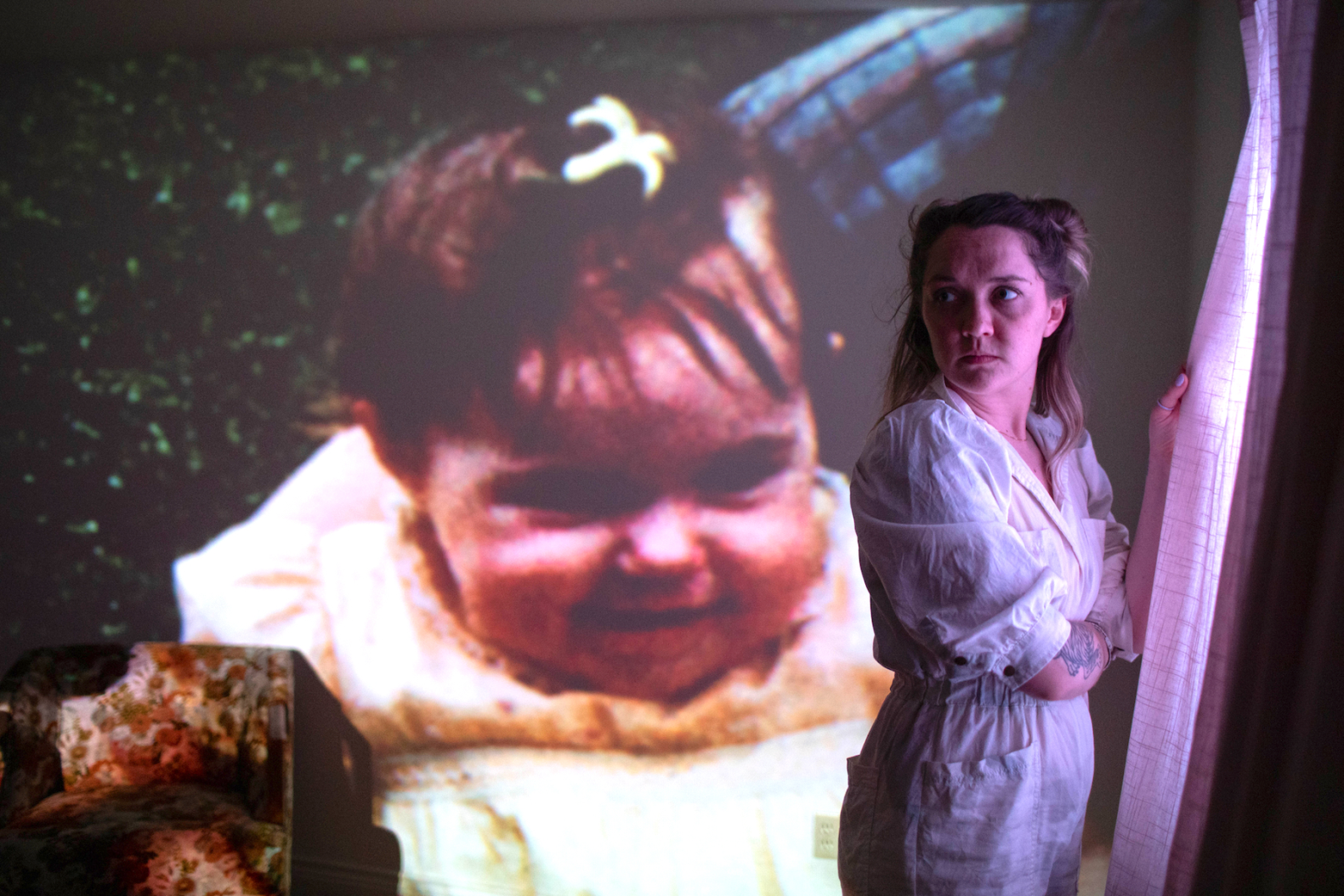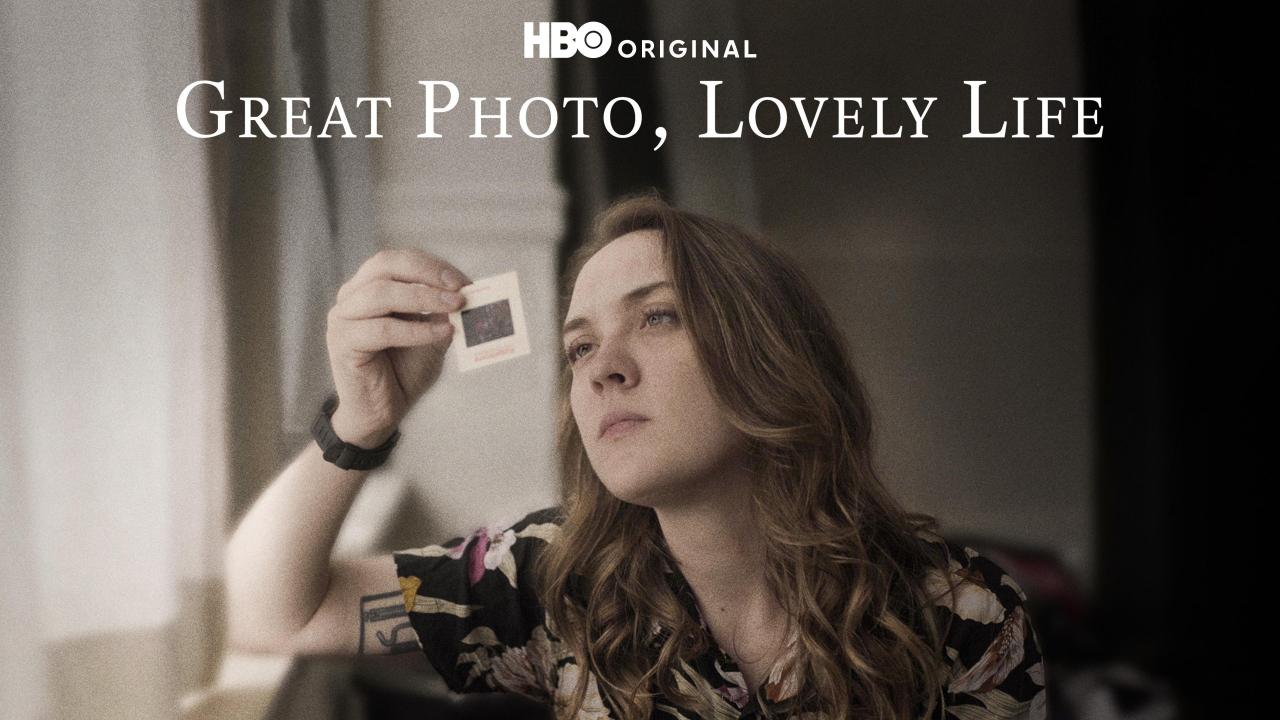
Why ‘Great Photo, Lovely Life’ is one of the most twisted true crime movies, ever
Great Photo, Lovely Life is anything but a typical true crime flick. This HBO documentary dives into the murky depths of familial abuse with an unflinching lens, revealing serial pedophile Bill Flickinger’s horrifying acts. Created by his granddaughter, Amanda Mustard, the film lifts a heavy veil of silence, complicity, and fear. Critics laud it as harrowing yet cathartic, spotlighting Mustard’s raw bravery in confronting her own monster – an essential watch for every true crime aficionado.
 Family horrors exposed
Family horrors exposed
In Great Photo, Lovely Life, Mustard peels back the layers of her family’s darkest secrets. The documentary doesn’t shy away. Its raw honesty grapples with generational trauma, unearthing a suffocating terror that’s been cloaked in familial loyalty and fear.
The film’s power lies in Mustard’s unwavering lens. She captures tears, rage, and the devastating confession of her grandfather with a rare intimacy. Her work parallels the likes of Nanette by Hannah Gadsby—boldly personal, poignantly painful, and eminently necessary for healing.
Audiences and critics agree: true-crime documentaries is harrowing, but its bravery is its brilliance. Analysts and viewers alike rank it among the most disturbing true-crime documentaries, lauding Mustard’s courage and the art of storytelling with precision and grace. The truth, no matter how gruesome, demands to be seen.
Unmasking the pain
“Great Photo, Lovely Life” doesn’t shy away from graphic detail, shocking viewers with its brutal honesty. The film meticulously documents Bill Flickinger’s covert atrocities, giving voice to survivors previously silenced by familial and societal pressures. Mustard’s lens captures each brave testimony, presenting an unvarnished truth that resonates deeply.
Audiences have compared “Great Photo, Lovely Life” to other iconic true crime documentaries like Capturing the Friedmans. The cinéma vérité style ensures the rawness of each moment is palpable. This isn’t just another crime docuseries; it’s a haunting exploration into the emotional scars and psychological wreckage left by a predator within the family.
Critics and psychologists alike underscore the film’s importance in the discourse on generational trauma. Studies have shown that familial abuse often goes unreported due to fear or shame. Mustard’s candid depiction offers not just a narrative but a cathartic space for other victims to find their own voice. It’s a revelatory watch for anyone seeking to understand the long-term impact of abuse.
 Family horrors exposed
Family horrors exposed
In “Great Photo, Lovely Life,” Mustard peels back the layers of her family’s darkest secrets. The documentary doesn’t shy away. Its raw honesty grapples with generational trauma, unearthing a suffocating terror that’s been cloaked in familial loyalty and fear.
The film’s power lies in Mustard’s unwavering lens. She captures tears, rage, and the devastating confession of her grandfather with a rare intimacy. Her work parallels the likes of “Nanette” by Hannah Gadsby—boldly personal, poignantly painful, and eminently necessary for healing.
Audiences and critics agree: “Great Photo, Lovely Life” is harrowing, but its bravery is its brilliance. Analysts and viewers alike rank it among the most disturbing true-crime documentaries, lauding Mustard’s courage and the art of storytelling with precision and grace. The truth, no matter how gruesome, demands to be seen.
 Confronting the predator
Confronting the predator
“Great Photo, Lovely Life” doesn’t shy away from graphic detail, shocking viewers with its brutal honesty. The film meticulously documents Bill Flickinger’s covert atrocities, giving voice to survivors previously silenced by familial and societal pressures. Mustard’s lens captures each brave testimony, presenting an unvarnished truth that resonates deeply.
Audiences have compared “Great Photo, Lovely Life” to other iconic true crime documentaries like “Capturing the Friedmans”. The cinéma vérité style ensures the rawness of each moment is palpable. This isn’t just another crime docuseries; it’s a haunting exploration into the emotional scars and psychological wreckage left by a predator within the family.
Critics and psychologists alike underscore the film’s importance in the discourse on generational trauma. Studies have shown that familial abuse often goes unreported due to fear or shame. Mustard’s candid depiction offers not just a narrative but a cathartic space for other victims to find their own voice. It’s a revelatory watch for anyone seeking to understand the long-term impact of abuse.

Unmasking the pain
“Great Photo, Lovely Life” doesn’t shy away from graphic detail, shocking viewers with its brutal honesty. The film meticulously documents Bill Flickinger’s covert atrocities, giving voice to survivors previously silenced by familial and societal pressures. Mustard’s lens captures each brave testimony, presenting an unvarnished truth that resonates deeply.
Audience comparisons to other iconic true crime documentaries, like “Capturing the Friedmans,” highlight the film’s impact. The cinéma vérité style keeps the rawness of each moment palpable. This isn’t just another crime docuseries; it’s a haunting exploration into the emotional scars and psychological wreckage left by a predator within the family.
Critics and psychologists underscore the film’s importance in the discourse on generational trauma. Studies indicate familial abuse often goes unreported due to fear or shame. Mustard’s candid depiction offers not just a narrative but a cathartic space for other victims to find their voices. It’s a revelatory watch for anyone seeking to understand the long-term impact of abuse.
 Exposing silence
Exposing silence
Great Photo, Lovely Life stands as a beacon of unfiltered truth. It’s not just a documentary; it’s a lifeline for those silenced by fear and shame. Mustard’s brave narrative exposes generational demons with surgical precision, making it an essential watch for true crime enthusiasts and advocates for abuse survivors. What emerges isn’t merely a film but a stark reminder: confronting our monsters is the first step toward healing. In giving voice to the voiceless, Mustard offers the most vital of gifts—recognition and the possibility of redemption, not for the monster but for those he preyed upon. It’s brutal, necessary, and ultimately, transformative.




 Family horrors exposed
Family horrors exposed Family horrors exposed
Family horrors exposed Confronting the predator
Confronting the predator Exposing silence
Exposing silence